
Power DECODED
Previous edition: 15 May 2024
Share article
Get the full version straight to your inbox.
Exclusive access to our best-in-class data & intelligence
Subscribe now
US suppliers back Chinese lithium-ion battery tariff
Analysts have warned that the decision could lead to higher costs and fragmentation across global supply chains.

The American Clean Power Association (ACP) has approved the Biden Administration’s decision to impose Section 301 tariffs on lithium-ion batteries imported into the US from China, doubling the tariff rate to 50%.
The tariffs will be imposed on Chinese imports such as semiconductors, batteries, EVs and solar cells, and will come into effect between 2024 and 2026.
Jason Grumet, ACP chief executive, said: “Today’s decision recognises the value of battery energy storage and its importance to the reliability of our electric grid. As energy demand grows, battery energy storage is lowering costs for American families and businesses... and bringing thousands of jobs to communities across the US.
“Newly enacted tax credits for energy storage, along with US Department of Energy programmes supporting the ramp-up of domestic manufacturing, will continue to be critical to America’s energy dominance,” he added.
However, according to energy analysts, Biden’s announcement could lead to fragmentation and increasing costs in global supply chains.
Peter Sand, chief analyst at Norwegian market analytics platform Xeneta, said: “The new tariffs under President Biden may be a case of history repeating. If so, businesses will be braced for increasing supply chain costs and ultimately it will be US consumers who pay for it.
“Back in 2018, we saw the US under President Trump impose a wide raft of tariffs on Chinese imports. China retaliated by imposing increasing tariffs of its own and this constant trading of blows saw ocean freight container shipping rates from China to the US West Coast increase by more than 160%,” he explained.
The tariffs could also lead to strong reverberations, owing to China’s commanding position in the global supply chains for semiconductors and batteries.
Speaking at the Resourcing Tomorrow 2023 mining conference in London, Michal Meidan, director at the Oxford Institute for Energy Studies, said: “China’s industrial policies to develop these technologies are decades old and the nation has developed an expansive global presence in the entire value chain of extraction of the ores overseas.
“If you look at the supply chains, whether it is EVs or batteries, there is a strong China component throughout them. This is in extraction and obviously processing, where China has 80–100% control of some processing supply chains.”
Latest news
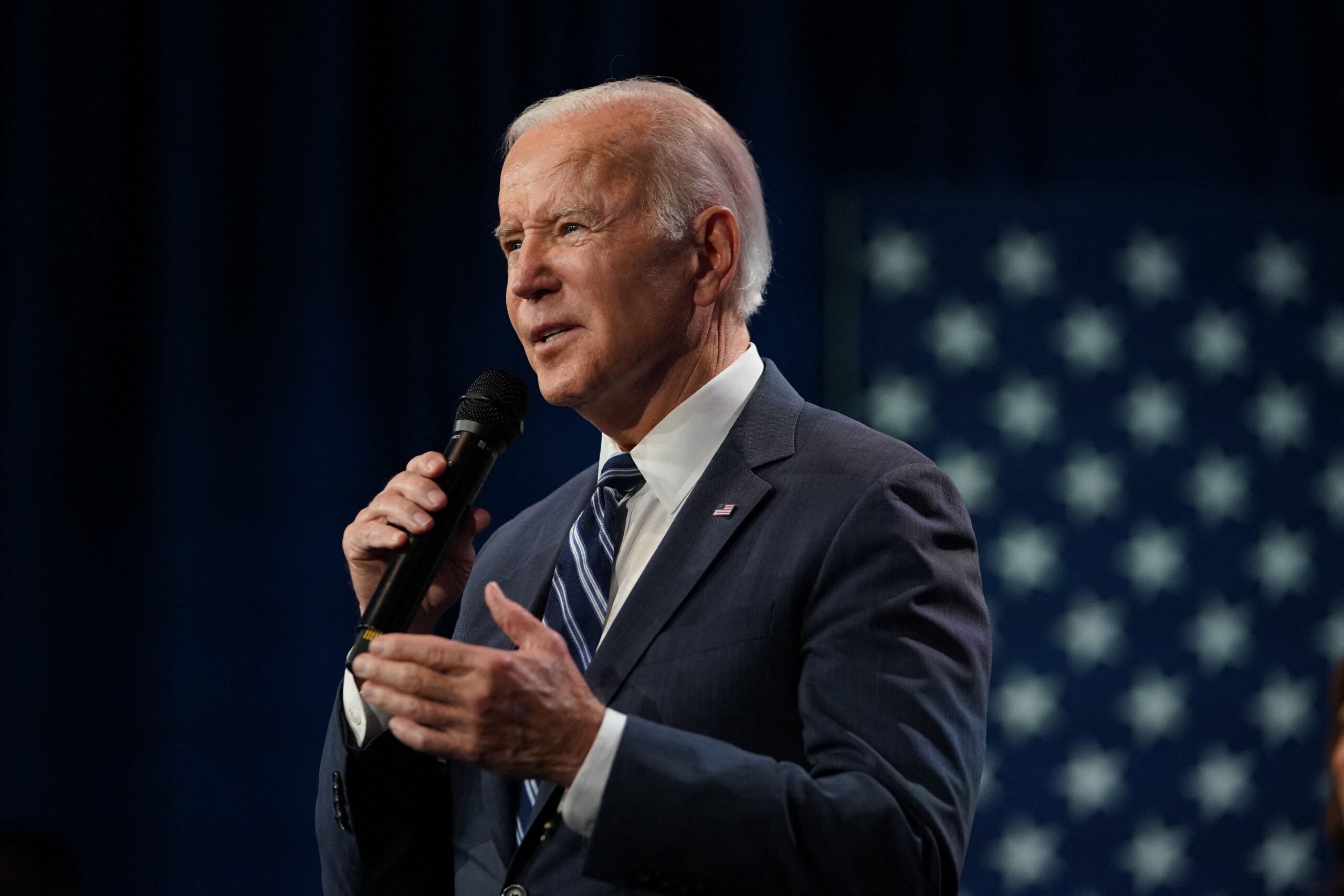
Biden signs Russian uranium import ban into law
US President Joe Biden has signed the act prohibiting the import of Russian unirradiated, low-enriched uranium (LEU) into law.
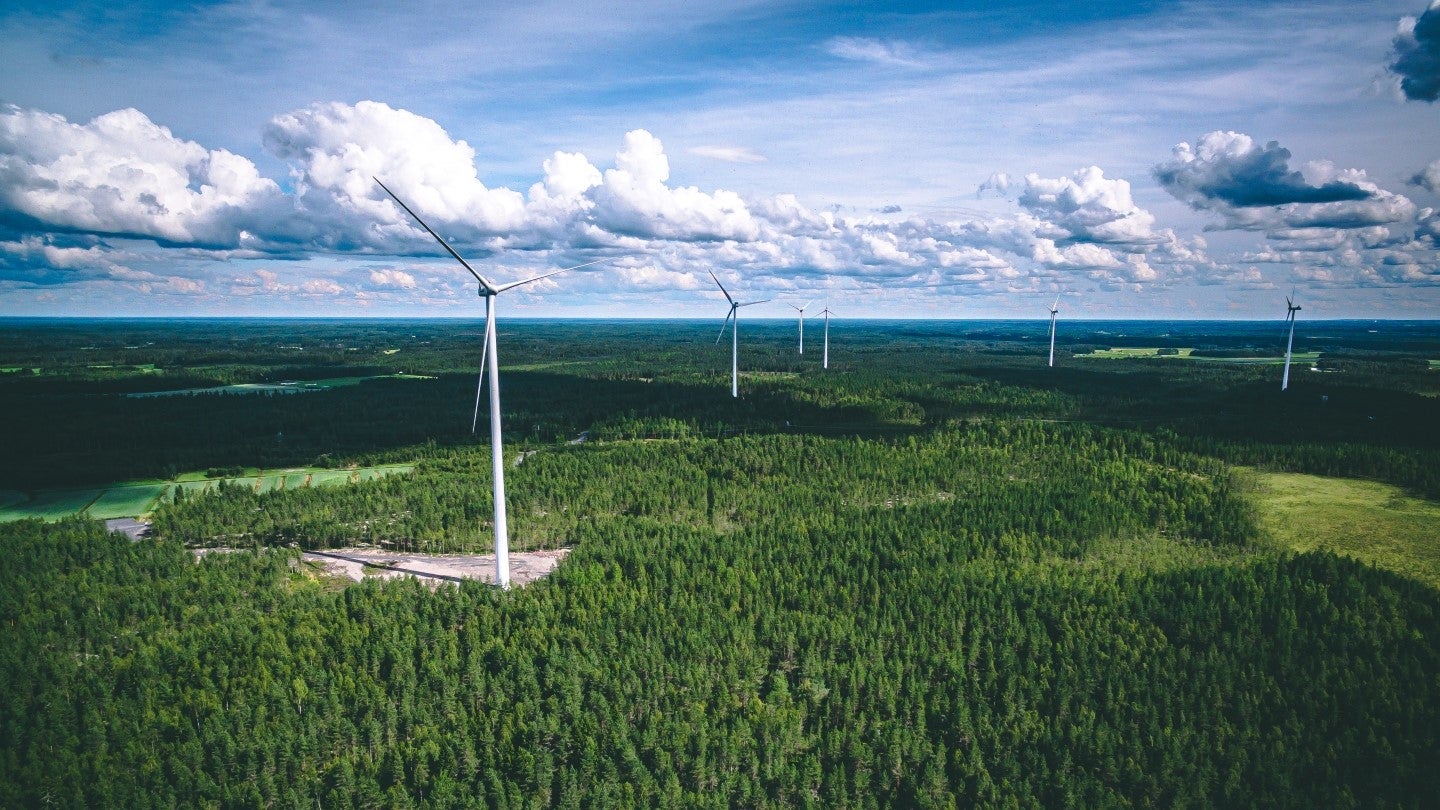
Fortum and Helen inaugurate 380MW Pjelax wind farm in Finland
Finland-based energy companies Fortum and Helen have inaugurated the 380MW Pjelax wind farm in the west of the country.
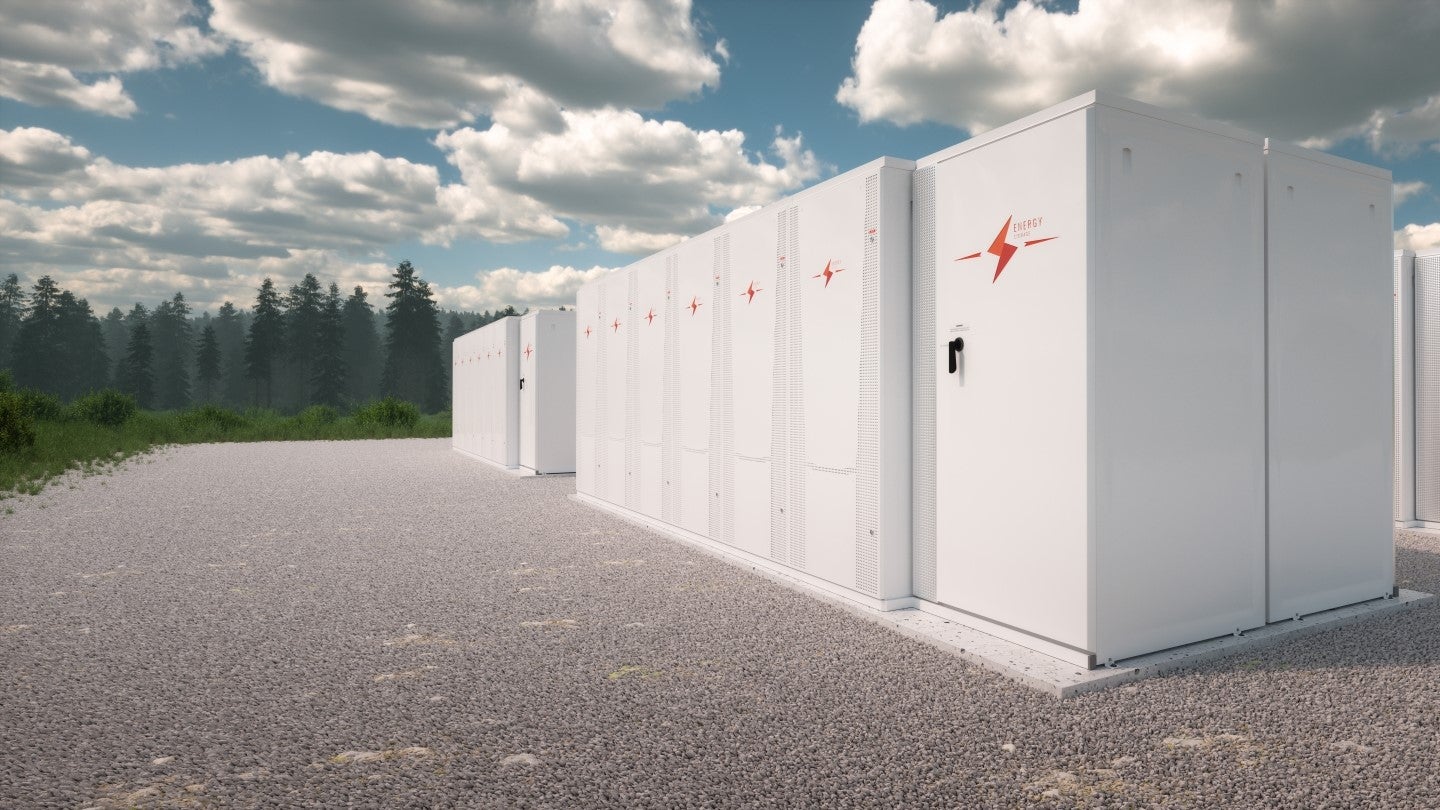
Stonepeak and CHC launch platform for energy storage projects in Japan
Stonepeak, an investment firm specialising in infrastructure, and CHC, a Singapore-based BESS developer, have announced the establishment of a collaborative platform to advance BESS projects in Japan.

SSEN Transmission picks preferred bidder for Shetland 2 subsea cable
SSEN Transmission has selected a consortium comprising Sumitomo Electric and Van Oord as the preferred bidder for the Shetland 2 525kV HVDC subsea cable project.
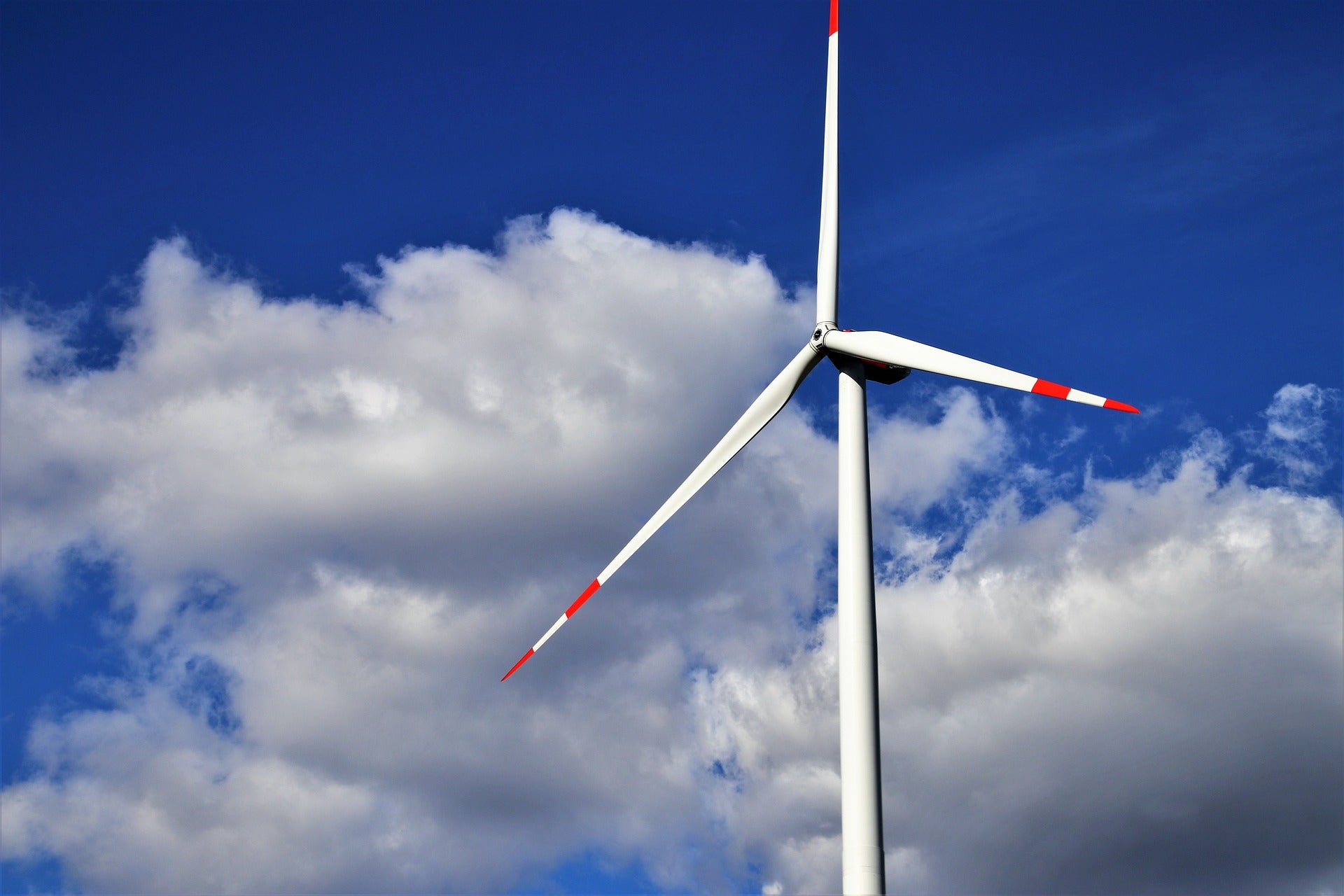
Salamander Offshore Wind Farm submits offshore consent application
Salamander, a joint venture partnership among Ørsted, Simply Blue Group and Subsea7, has submitted an offshore consent application for its proposed 100MW floating offshore wind farm. The offshore consent application will secure permission for the offshore elements of the project and is subject to approval by Scottish Ministers.
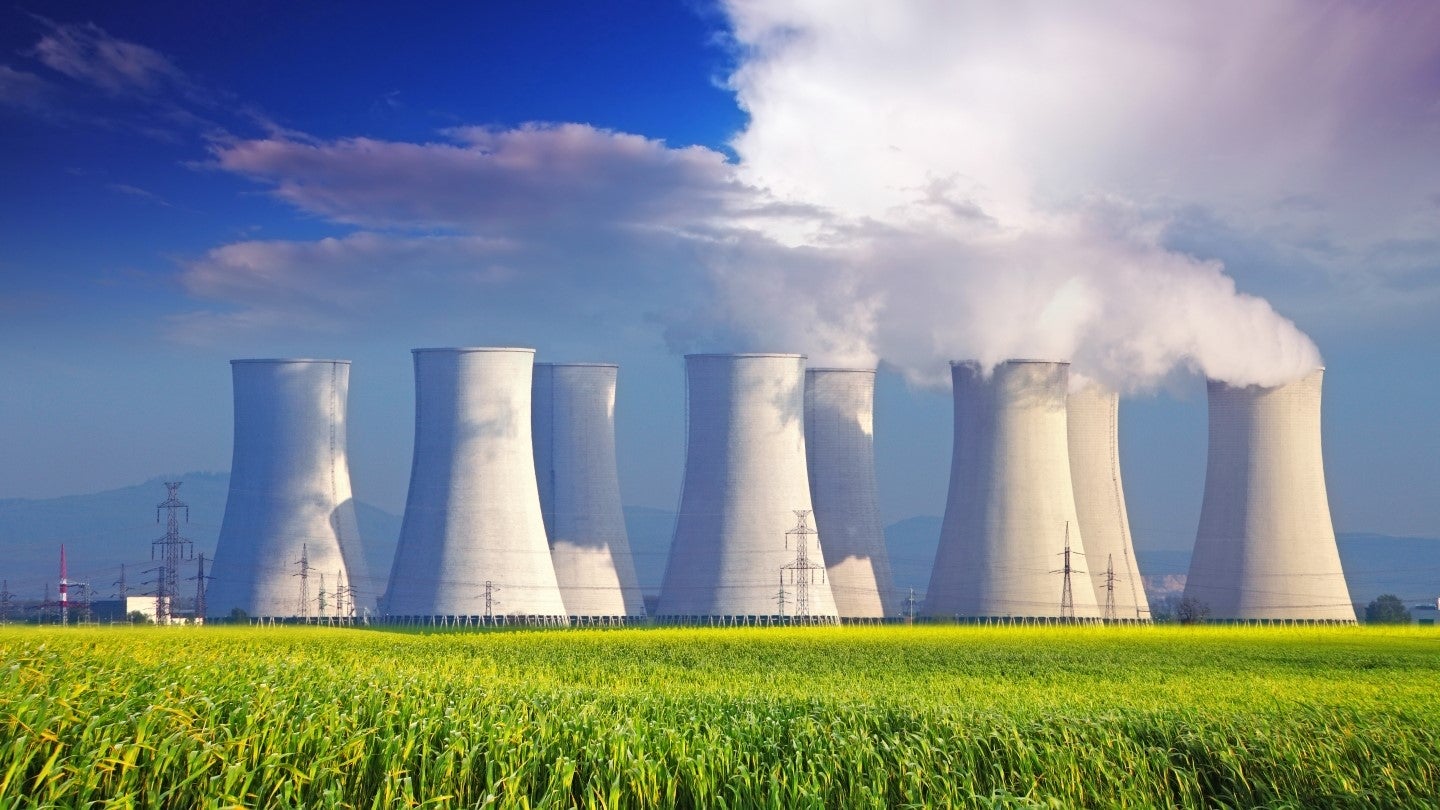
Tepco to restart unit 7 at Kashiwazaki Kariwa nuclear plant in Japan
Japan is poised to restart the Kashiwazaki Kariwa nuclear plant in October 2024, marking a significant step in the nation's nuclear energy resurgence, according to BloombergNEF (BNEF).
In our previous edition

Power Decoded
Ukraine plans record electricity imports after Russian attacks
14 May 2024

Power Decoded
Britain's electricity market requires reform with caution - report
13 May 2024

Power Decoded
Fossil fuels generated less than a quarter of EU's electricity for first time in April
10 May 2024
Newsletters in other sectors
Aerospace, Defence & Security
Automotive
Banking & Payments
Travel and Tourism
Search companies, themes, reports, as well as actionable data & insights spanning 22 global industries
Access more premium companies when you subscribe to Explorer


